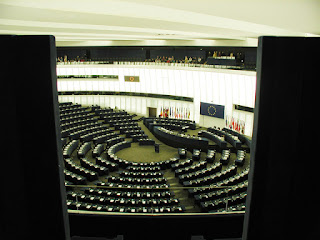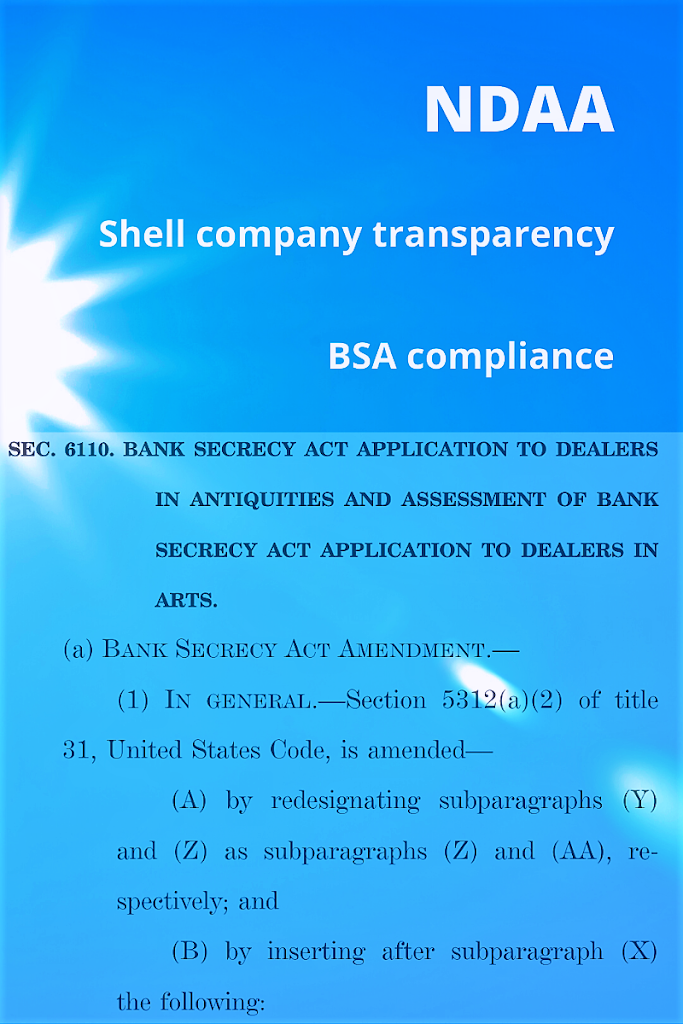 |
| European Parliament |
Members of the European Parliament have adopted a legislative resolution endorsing a December 2017 agreement with the European Council that, for the first time, includes art dealers and auction houses in the European Union’s anti-money laundering/counter-terrorist financing (AML/CTF) compliance rules.
Directive (EU) 2015/849 is the EU’s primary legal weapon to combat money laundering and terrorist financing. It has been updated four times. The Directive regulates designated high-cash sectors (e.g., banks, casinos) to prevent them from being financially co-opted by organized crime groups and terrorists. The legislation approved by the Parliament on April 19 seeks to broaden the Directive by including cultural property dealers on the list of regulated sectors.
The legislation specifically identifies “persons trading or acting as intermediaries in the trade of works of art, including when this is carried out by art galleries and auction houses, where the value of the transaction or a series of linked transactions amounts to €10,000 [~$12,000 USD] or more.” Other named parties are those “persons storing, trading or acting as intermediaries in the trade of works of art when this is carried out by freeports, where the value of the transaction or a series of linked transactions amounts to €10,000 [~$12,000 USD] or more.”
Additionally, the legislation updates Annex III of Directive (EU) 2015/849 by flagging particularly high risk financial transactions, particularly including transactions “related to … cultural artefacts and other items of archaeological, historical, cultural and religious importance, or of rare scientific value, as well as ivory and protected species.”
The Directive,
docketed at PE-CONS 72/17, is intended to embrace the Financial Action Task Force’s (FATF)
standards more closely, which recommends that art dealers identify customers and report suspicious activity so that law enforcement can more readily spot money laundering and terrorist financing.
FATF is an independent inter-governmental organization.
Art dealers aren’t the only new parties added by the fifth Directive. Tax advisory services, property rental agents, electronic wallet providers, and virtual currency exchange service providers are listed too.
The President of the European Parliament and the President of the Council are expected to sign the measure. After publication in the Official Journal of the European Union, the Directive goes into effect three days thereafter. European member states then have 18 months to incorporate its terms into their own national laws.
Photo credit: Till Achinger/freeimages.com
Text and original photos copyrighted 2010-2018 by Cultural Heritage Lawyer, a blog commenting on matters of cultural property law, art law, cultural heritage policy, antiquities trafficking, museum risk management, and archaeology. Blog url: culturalheritagelawyer.blogspot.com. Any unauthorized reproduction or retransmission without the express written consent of CHL is strictly prohibited. The materials presented on this site are intended for informational purposes only and should not be used as legal advice applicable to the reader’s specific situation. In addition, the provision of this information to the reader in no way constitutes an attorney-client relationship.
©2010-2022 Cultural Heritage Lawyer Rick St. Hilaire. Content discussing cultural heritage law, art law, looted antiquities, stolen artifacts, and museum risk management that is general information only, not legal advice.



